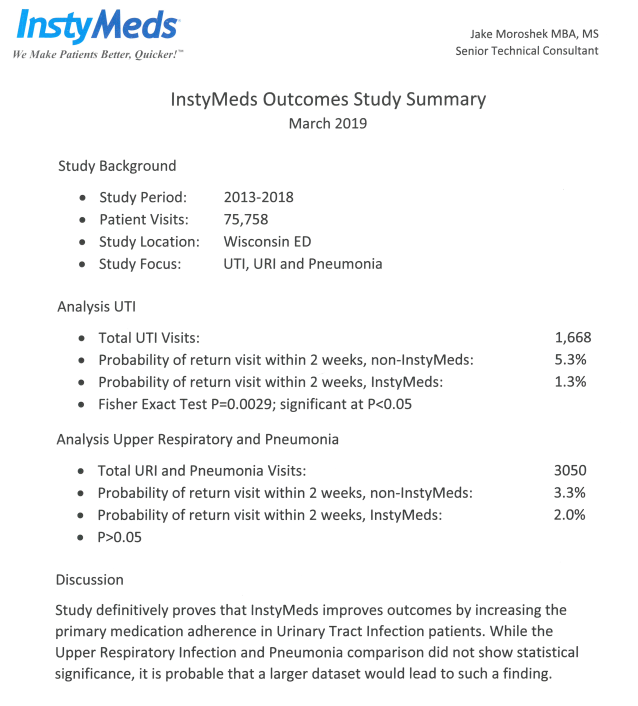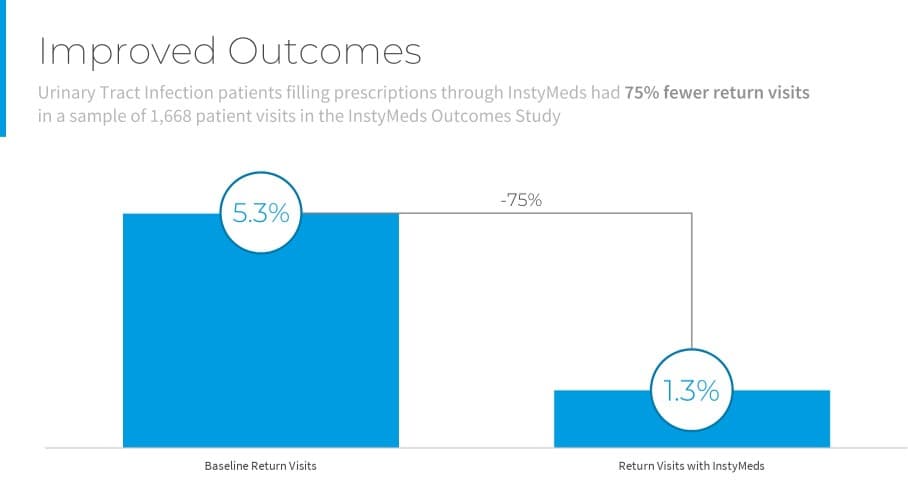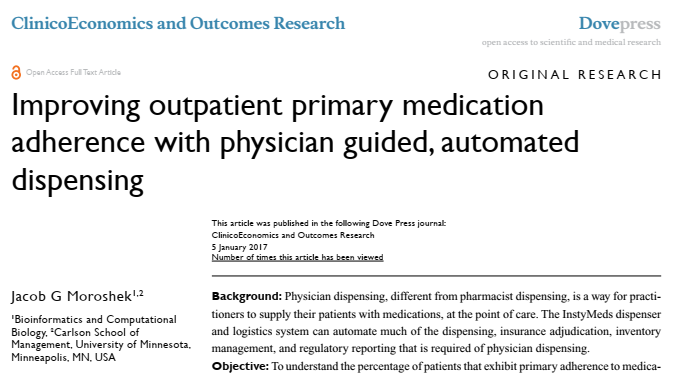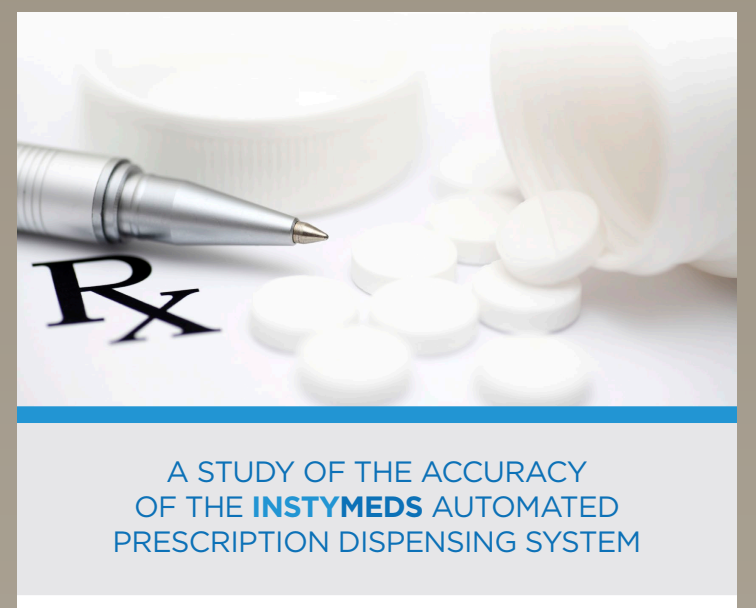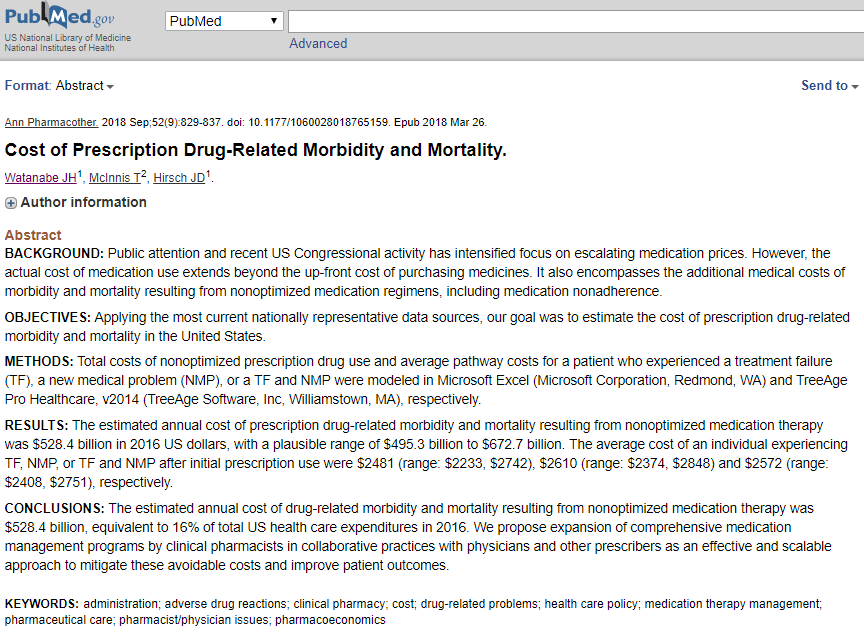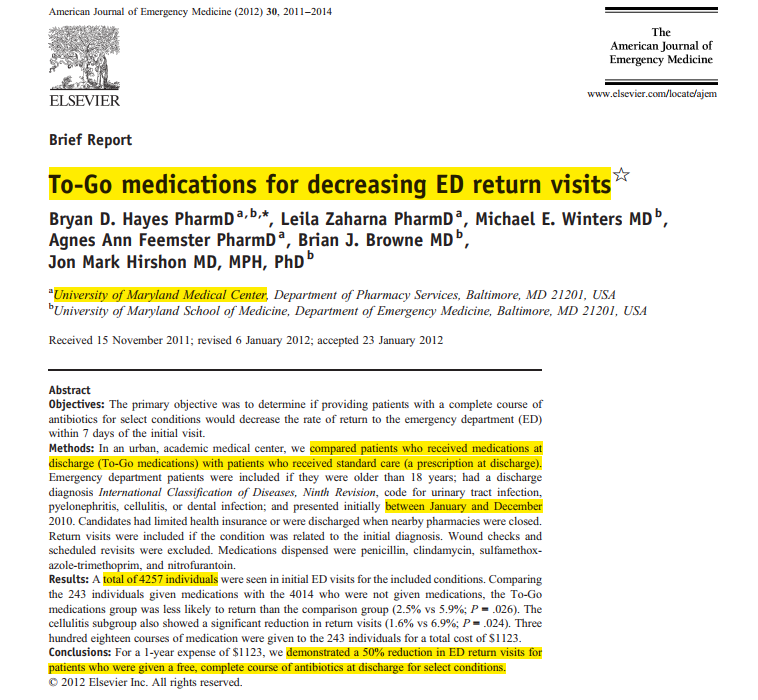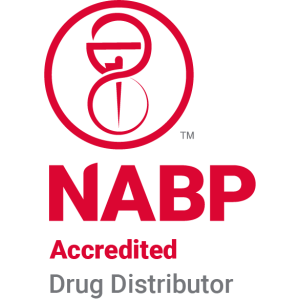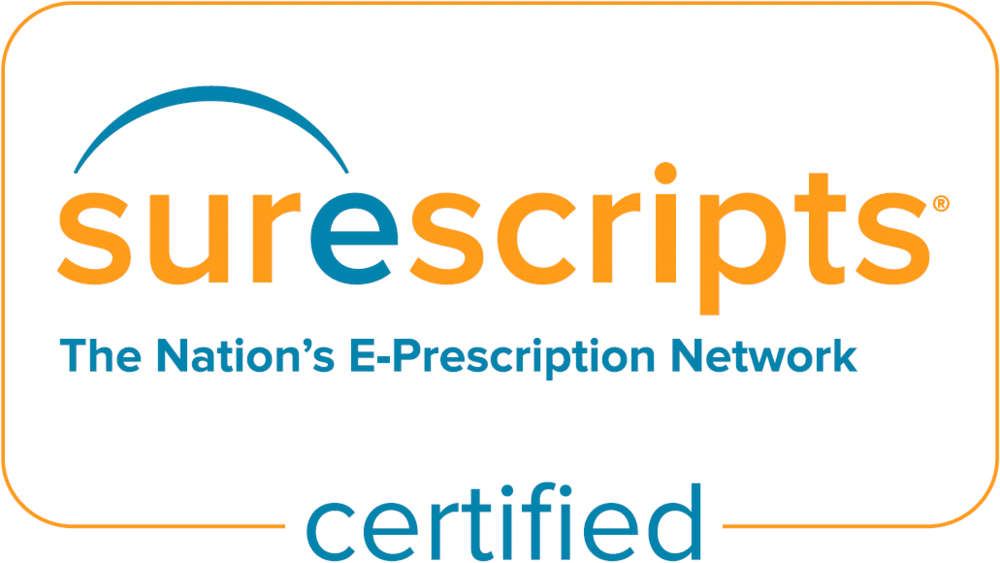Research and Analysis
RESULTS:
The InstyMeds Outcomes Study analyzed return visit rates (within 2 weeks) for a sample of more than 1600 patients with urinary tract infections (UTI).
Patients that received an antibiotic prescription to InstyMeds returned to the ED at a rate of 1.3%, compared to the control population at 5.3% – An over 50% reduction in return visits with the InstyMeds Medication Adherence System!
CONCLUSION:
Facilities can use the InstyMeds system to improve outcomes, by improving the medication adherence of patients.
In a retrospective study of a period from 2001 to 2016, the average InstyMeds emergency department installation had a prescription fill rate of 91.7%. The maximum rate for a facility was 98.5%. National studies have measured fill rates [primary adherence] to average around 70%. Improving adherence improves patient outcomes, leads to fewer return visits, hospitalizations, and lowers healthcare costs.
The study measured InstyMeds accuracy and compared it to traditional dispensing methods. One thousand and one prescriptions were entered and dispensed by InstyMeds devices at 41 locations in 12 states. No dispensing errors of any type were detected. The InstyMeds devices exhibited an accuracy rate of 100%. National studies have measured a 98.3% accuracy rate when traditional prescription filling systems involving a pharmacist final verification.
The estimated annual cost of prescription drug-related morbidity and mortality resulting from nonoptimized medication therapy was $528.4 billion in 2016 US dollars, with a plausible range of $495.3 billion to $672.7 billion.
The Hayes study was one of the first to demonstrate an improved outcome for patients by improving primary adherence. They found a 50% reduction in ED return visits for patients who were given a free, complete course of antibiotics at discharge for select conditions.
